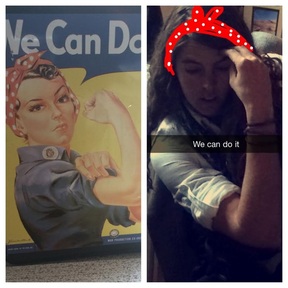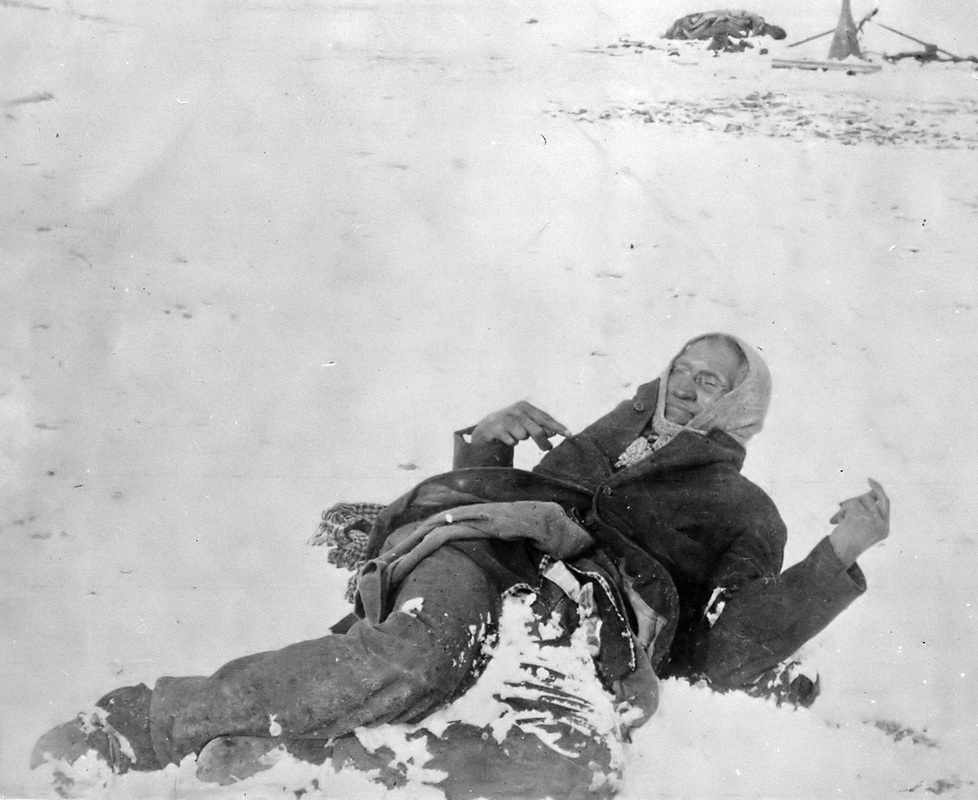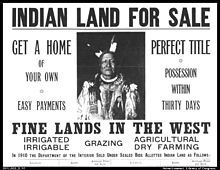|
Starter
Agenda Seminar + Time to work on Chemistry SEMINAR MAKE-UP INSTRUCTIONS (If you were absent): DUE FRIDAY morning via EMAIL **If you missed seminar, email me your seminar prep AND In addition to your standard seminar prep, please answer TWO more additional questions from Wednesday's DP using a quote from the book and your own analysis to support your response to the question. These should be in solid TEA paragraph form. Here's an example..... Example from a student response to The Great Gatsby by F. Scott Fitzgerald: If someone were asked to describe Daisy, after only reading the first few chapters, one might use words such as elegant, innocent, proper, or timid; all words that describe the facade of a true East Egger. Fitzgerald possibly puts these words purposefully into the reader’s head in order to make the contrast to that of Daisy at the end of the novel. This scene, where Nick is over at Tom and Daisy’s house for the first time, is a perfect example of this image setting that Fitzgerald does so beautifully: "The only completely stationary object in the room was an enormous couch on which two young women were buoyed up as though on an anchored balloon. They were both in white and their dresses were rippling and fluttering as if they had just been blown back in after a short flight around the house" (12). The way that Fitzgerald plays with imagery here invokes innocence and lightness as the personality of these two girls. The way that he describes Jordan and Daisy in conjunction with a stationary object, might also suggest that these sorts of women need a support buoy or man to keep them grounded in reality and keep them from drifting away.
0 Comments
Starter/Journal #7
Watch this short video that perhaps offer a better way to understand "The Absurd" "The Pale Blue Dot" narrated by Astronomer and astrophysicist, Carl Sagan Then, for the next 10-15 minutes, journal on the following:
Agenda 1. Discuss the starter and a few key points:
2. Individual seminar prep
Additional Seminar Questions to choose from for your seminar prep 1. What passage BEST represents Camus’s recommendation for how we handle the Absurd (the imminence of death and meaningless of universe)? 2. What is the significance of the conclusion of the novel? How does it reflect Meursault’s transformation as well as Camus’ philosophy of the Absurd and/or existentialism as a whole? Look specifically at this quote from pages 122-123: “For the first time in a long time, I thought about Maman. I felt as if I understood why at the end of her life, she had taken a ‘fiance,’ why she had played at beginning again. Even there, in that home where lives were fading out, evening was a kind of wistful respite. So close to death, Maman must have felt free then and ready to live it all again. Nobody, nobody had the right to cry over her. And I felt ready to live it all again too. As if that blind rage had washed me clean, rid me of hope; for the first time, in that night alive with signs and stars, I opened myself to the gentle indifference of the world. Finding it so much like myself—so like a brother, really- I felt that I had been happy and that I was happy again. For everything to be consummated, for me to feel less alone, I had only to wish that there be a large crowd of spectators the day of my execution and that they greet me with cries of hate” 3. Albert Camus outlined three different responses to one’s recognition of the Absurd…one’s understanding that life was meaningless. 1. Suicide. If all life ends in death and there is no inherent meaning in the universe, all we do is for nothing, then why not end it? Camus did NOT advocate this path because death is no more meaningful and it rids us of dignity. 2. Putting faith or hope in something beyond ourselves….perhaps a higher power, perhaps the idea that one day life will be better, or that death could be postponed. 3. Accept that life is meaningless but live with dignity and create your own meaning out of your life. The 3rd was what Camus advocated for in his own writings. Read pages 108-109 from the top of the page on 108 until the line “I would just be caught up in the machinery again” on page 109. Which of the three of these responses to the Absurd does Meursault initially consider and what does he ultimately decide by the end of this passage? 4. Why do you think Camus chose a murder trial and a hanging as the climax of the novel? Think about the relationship between the courtroom, a trial and the concept of the Absurd. You might start by looking at pages 89-90 where the prosecutor examines two witnesses about Meursault's relationship with his mother. 5. What is the significance of the story about the Czech and how does it relate to the concept of the Absurd? (pages 79-80) 6. How does the relationship between the Chaplain and M represent the concept of the Absurd? Also, how does the trial represent the Absurd? 7. What is the significance of the line, "everything is true and nothing is true" (91)? Read page 91 then compare to pages 98-101 (Closing Arguments of the lawyers). 8. Why does Meursault want people to greet him with cries of hate at his execution? Additional Seminar Questions (Created by you during group seminar prep): 9. Based off of this quote "It occurred to me that anyway one more Sunday was over, that Mamam was buried now, that I’m going back to work, and that really nothing had changed."(24) Even though Meursault says that nothing had changed, did his life significantly change after his mother's death. If it did how so? 10. Is a life without remorse meaningless? If his life is meaningless to himself, is it meaningless to other people? (page 100) 11. Was there a specific event that caused him to change from not caring like in Chapter 5 pg 41 to feeling emption etc.? 12. In the scene where Meursault is at the stadium is the victory meaningless in a meaningless world? (p. 23). 13. Like the prosecutor does with Mersault, do you believe humans try to put meaning into people’s lives too often? Do you ever find yourself trying to make meaning out of inconsequential things? (Camus 100) 14. How does Meursault respond when he realized he was indifferent and his life could stop at any moment? How would you respond? Page 122 15. Why do people try to find inherent meaning or order to the universe? In what ways do people try to do this? (Thinking about the trial and how people are trying to make sense out of why Meursault murdered the Arab). 16. Why does Meursault want a crowd of haters at his execution? - Last Page 17. If he did not kill of his own volition would he still be considered a murderer: “I have retraced for you the course of events which led this man to kill with full knowledge of his actions.”(P100, pp1) Starter/Journal #6: Response to key passages in The Stranger Choose 2 out of the 3 questions to respond to in well-developed paragraphs: 1. Near the end of the novel, the Chaplain asks Meursault, “Have you no hope at all? And do you really live with the thought that when you die, you die and nothing remains?”(117). How would you respond to this question? 2. Re-read page 85, focusing on paragraph 3: “I had the odd impression of being watched by myself…” How might this scene represent the tenet of “Alienation”? In what way(s) might Meursault be alienated both from himself and from others? 3. Read pages 103-105: “But all the long speeches, all the interminable days and hours that people had spent talking about my soul, had left me with the impression of a colorless swirling river that was making me dizzy.” What is going on for Meursault in this scene? Think about why Camus chose to write about a trial and what the trial might represent. Agenda 1. Class discussion on The Stranger 2. Group seminar prep (SHARE A COPY OF YOUR NOTES WITH ASHLEY!) Study Groups for today 3. Time to read/annotate and begin Individual seminar prep Resource existentialism powerpoint Objectives:
Today's Key Term Transience: the state or fact of lasting only for a short time; transitory nature. Starter/Journal 5
Announcements
Agenda 1. Finish the existentialism powerpoint (slides 28-33) 2. Discuss The Stranger 3. Time to read and review existentialism 4. Last 20 minutes of class: Go over POL requirements *Note: We will be devoting ALL of Monday and Tuesday of next week to guiding you guys through a structured POL planning process with lots of work time. You can get started brainstorming and drafting ideas, but we will be teaching you a few things that you'll need to integrate into your POL, so keep that in mind. Objectives:
Starter/Journal #4 Without looking at your notes, write down everything you can remember from yesterday's powerpoint on existentialism and the Absurd. Some questions to help jog your memory:
Agenda: First hour
The Stranger, chapters 1-5 discussion questions: A.Do you like Meursault? What is your opinion of him? B. What is your opinion of Raymond? Would you consider him a "moral" person? What about Meursault? Is he moral, immoral or amoral? Evidence? C. Re-read page 18: Why does M just want to sleep? Is he facing the reality of his mother's death? Why or why not? D. Page 19: As I was waking up, it came to me why my boss had seemed annoyed when I asked him for two days off: Today is Saturday......But in the first place, it isn't my fault." What element of existentialism does M's attitude contradict? E. Read pages 22-24:
Second hour LINK planning with Zoe Objectives:
Starter/Journal #3 Read and summarize the findings in the article, entitled "Stanford research: The meaningful life is a road worth traveling"
AGENDA 1. 4 corners:
3. Partner chat: Have you ever been this happy? What do you think is the relationship between this guy’s happiness and his pursuit of a meaningful life? 4. Begin the Existentialism Powerpoint presentation 5. Discuss chapters 1-2 of The Stranger
6. Time to read and annotate The Stranger, chapters 3, 4 and 5. Objectives:
1. Understand the big picture goals of our next project. 2. Understand the basic idea of Existentialism STARTER/Journal #1 Instructions for keeping up with your journal/starter requirements (bookmark this link to the list of journals and journal rubric Write for 10 minutes on the following prompts:
Turn in your journals!! LIST OF REQUIRED JOURNALS AGENDA 1. Introduction to our next project: Happiness and Meaning
2. Ashley's introduction to our next book: The Stranger, by Albert Camus
Timeline for reading The Stranger *All deadlines mean by the beginning of class. I will give you at least 30 minutes of in-class reading time at the end of class each day.
3. Begin the Existentialism Powerpoint presentation (Time pending- may push this to tomorrow). 4. Time to begin reading The Stranger There's a writing contest for 16-19 year olds co-sponsored by The Atlantic and College Board. In a nutshell, the prompt is resounding to one of several important documents from US History. Maybe you've read one already? More info here: https://www.collegeboard.org/writing-prize/theme
There are cash prizes, prestige and a classroom subscription to The Atlantic up for grabs. Seven finalists — one from each of six U.S. regions (Northeastern, Middle States, Southern, Southwestern, Western, and Midwestern), and one from outside the U.S. — will be chosen, and their names will be announced by mid-May. One of these finalists will be named the grand prize winner and will receive $5,000; the winning essay will be published in the September 2015 issue of The Atlantic. The remaining six finalists will each receive $2,500. Objective: React to and analyze the film, Bury my Heart at Wounded Knee to culminate our exploration of Native American history.
Starter No Starter Today! Announcements
Agenda 1. Finish Bury My Heart at Wounded Knee 2. Time to begin your film reaction. Homework: Finish the film reaction (see yesterday's DP post for instructions) and be prepared to turn in all required journals tomorrow at the beginning of class! LIST OF REQUIRED JOURNALS 3. Watch Logan LaPlante's Ted Talk and discuss:
Goal:
React to and analyze the film, Bury my Heart at Wounded Knee, to culminate our exploration of Native American history. Starter:
1. Discussion/activity about the Grand Jury's decision in Ferguson, MO 2. Homework/Schedule for the week 3. Review the Battle of Little Bighorn and the conflict between the Sioux Nation and the U.S. government: What do you remember? 4. Ashley provides some context on the film (see the end of today's post) 5. Begin Bury My Heart at Wounded Knee and take notes for the..... LAST JOURNAL ASSIGNMENT! Write a critical reaction to the film (Bury my Heart at Wounded Knee) that includes a solid two paragraph response (min. 5 sentences per paragraph): Paragraph #1: Emotional Reactions What emotions did this film evoke for you and which specific scene(s) caused those reactions the most? Paragraph #2: Critical Thought Where did you see bias? In what way(s) do you question the perspective or evidence? This could either be critique of the filmmakers OR critique of one or more characters in the film. Context on the film
|
Archives
December 2017
CategoriesAshley CarruthHumanities 11 Teacher at Animas High School |



 RSS Feed
RSS Feed
